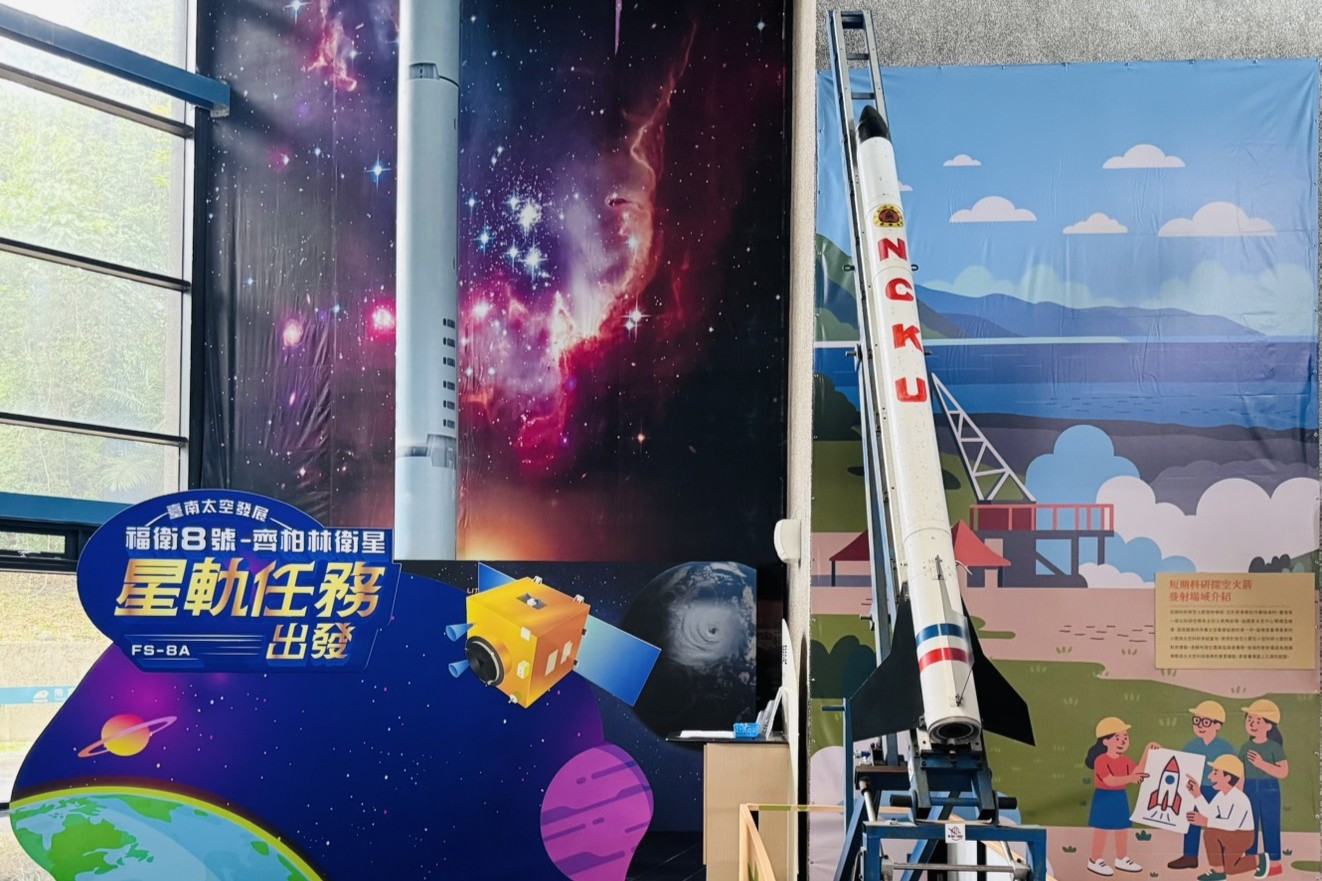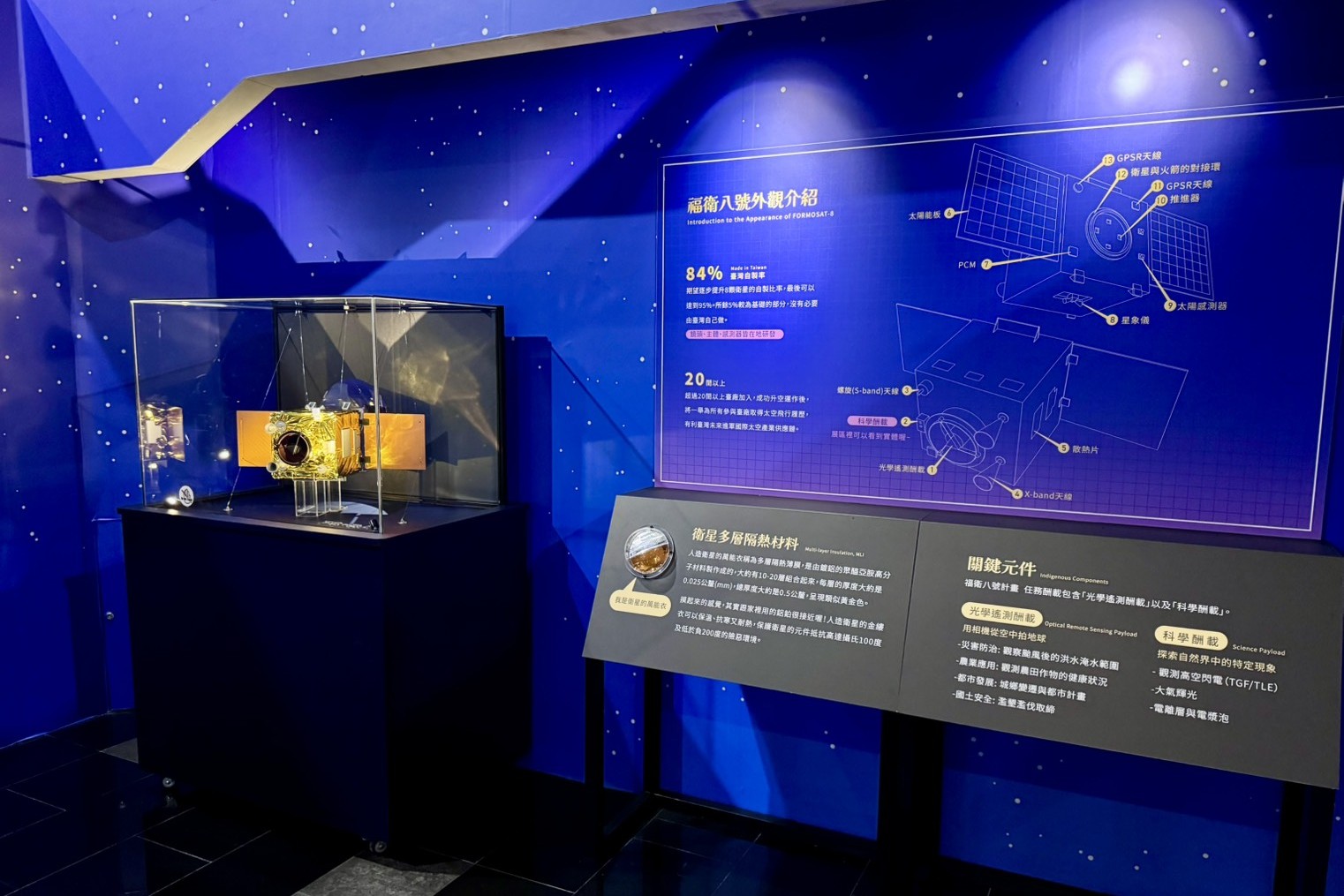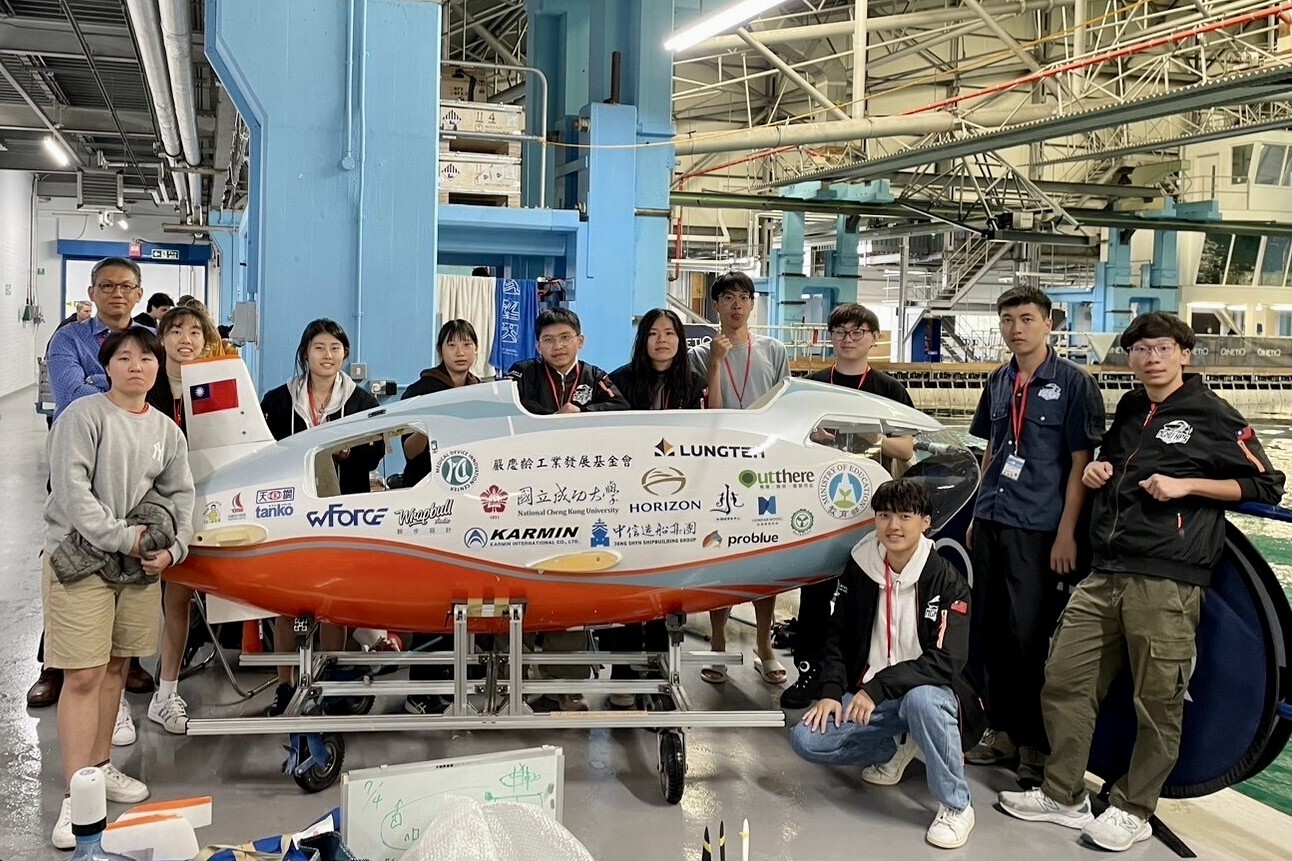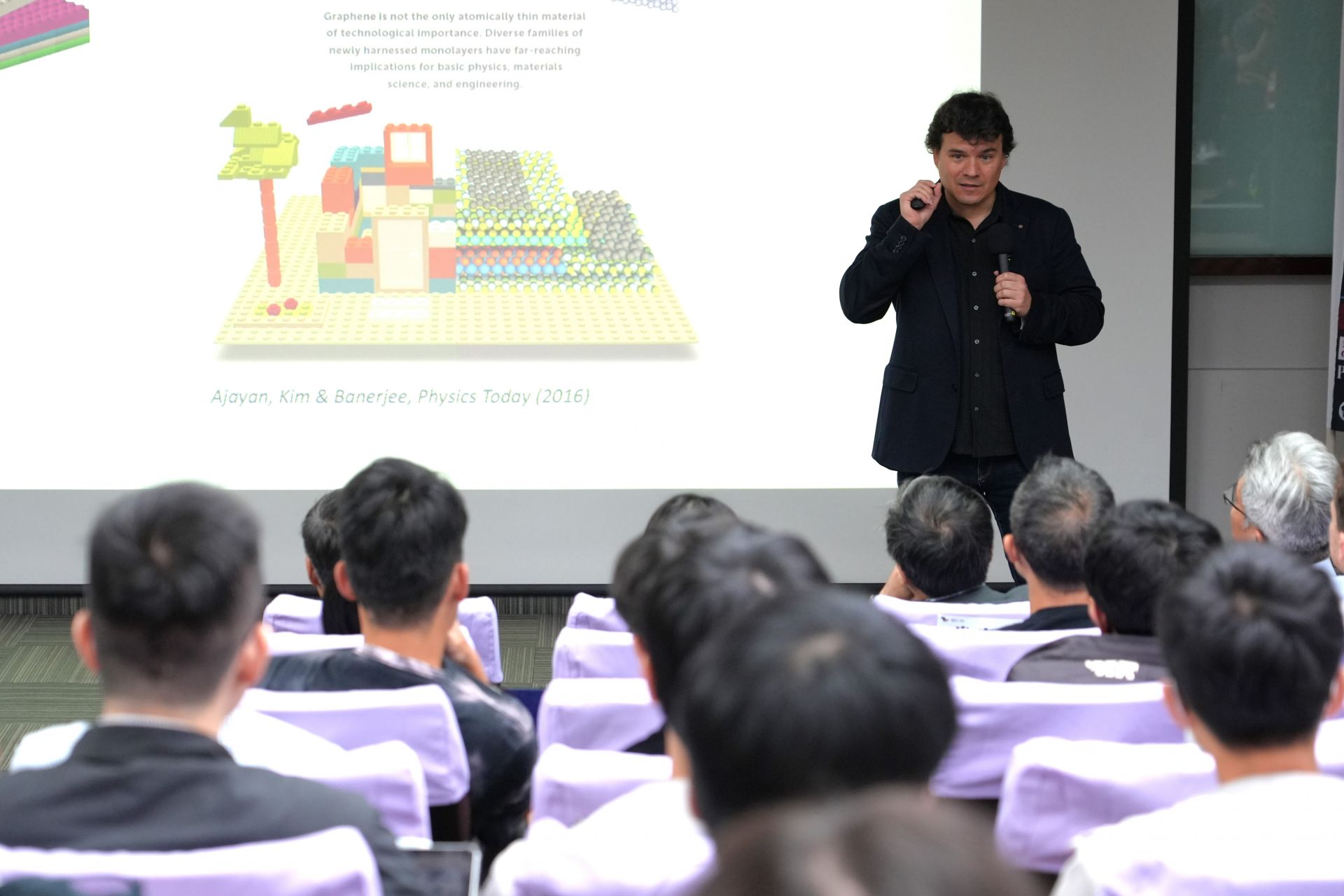SDG9
Igniting Tainan, Launching into Space: NCKU Partners with Nanying Astronomical Museum to Create the “Spectacular Space Carnival”
The first member of the FORMOSAT-8 constellation—the Chi-Pilin Satellite—is set to launch in early November. To celebrate this milestone, National Cheng Kung University’s (NCKU) Han-Min Hsia Space Science and Technology Center, together with the Science Education Center, College of Science, NCKU, the Nanying Astronomical Museum, and the National Space Organization, will host the “Ignite and Launch: Space Carnival” on Saturday, October 25. The event will showcase the development achievements of the Chi-Pilin Satellite’s remote sensing mission and scientific payloads, alongside popular science lectures, space-themed games, and family-oriented activities, offering the public an adventure that blends science with imagination.
The carnival will take place on October 25, from 10 a.m. to 4 p.m., at the Nanying Astronomical Museum in Tainan’s Danei District. The venue will be transformed into an interstellar playground, with visitors able to join guided tours of the “FORMOSAT-8 Special Exhibition” to learn about the Chi-Pilin Satellite’s remote sensing mission and scientific payloads. Key instruments on display include the DIAT dual-band imager for observing lightning and upper-atmosphere airglow, and the TeNeP electron probe for measuring plasma density and temperature.
The exhibition highlights more than just machinery and instruments—it tells the story of countless nights when engineers and graduate students worked tirelessly, turning design concepts into celestial dreams, driven by the courage to explore the unknown. These instruments, independently developed by the NCKU team, continue the legacy of FORMOSAT-2’s ISUAL mission, investigating lightning, space plasma, and upper-atmosphere airglow, allowing us to witness the interplay of lightning and atmospheric light from space once again. This mission represents not only a scientific endeavor but also a symbolic message to space, expressing curiosity and respect for nature. On the day of the carnival, two popular science lectures will offer a rare opportunity for visitors to interact directly with space experts and learn about the satellite’s development journey.
Beyond the grandeur of space, the carnival emphasizes “learning through play and experience.” Activities include the “You Control the Satellite Attitude” rotating chairs and motorized gyroscopes, the “Dancing Candle Dragon Lights” lightning and aurora recognition game, as well as VR lunar rover experiences and FORMOSAT-8 DIY painting workshops for families. Together, these activities create a journey that blends science with imagination. Visitors who complete the challenges can also participate in a prize wheel to take home stellar memories.
NCKU emphasized that space exploration has never been solely a technological competition—it is also a cultural pursuit. “Since 1972, when NCKU faculty and students conducted Taiwan’s first solid-fuel rocket test in Tainan, we have witnessed countless dreams take flight from this land over the past half-century,” the university stated. With the upcoming launch of the Chi-Pilin Satellite, Tainan once again becomes the starting point of Taiwan’s space dreams—not only gazing at the stars, but building a path to them with their own hands.
The carnival will take place on October 25, from 10 a.m. to 4 p.m., at the Nanying Astronomical Museum in Tainan’s Danei District. The venue will be transformed into an interstellar playground, with visitors able to join guided tours of the “FORMOSAT-8 Special Exhibition” to learn about the Chi-Pilin Satellite’s remote sensing mission and scientific payloads. Key instruments on display include the DIAT dual-band imager for observing lightning and upper-atmosphere airglow, and the TeNeP electron probe for measuring plasma density and temperature.
The exhibition highlights more than just machinery and instruments—it tells the story of countless nights when engineers and graduate students worked tirelessly, turning design concepts into celestial dreams, driven by the courage to explore the unknown. These instruments, independently developed by the NCKU team, continue the legacy of FORMOSAT-2’s ISUAL mission, investigating lightning, space plasma, and upper-atmosphere airglow, allowing us to witness the interplay of lightning and atmospheric light from space once again. This mission represents not only a scientific endeavor but also a symbolic message to space, expressing curiosity and respect for nature. On the day of the carnival, two popular science lectures will offer a rare opportunity for visitors to interact directly with space experts and learn about the satellite’s development journey.
Beyond the grandeur of space, the carnival emphasizes “learning through play and experience.” Activities include the “You Control the Satellite Attitude” rotating chairs and motorized gyroscopes, the “Dancing Candle Dragon Lights” lightning and aurora recognition game, as well as VR lunar rover experiences and FORMOSAT-8 DIY painting workshops for families. Together, these activities create a journey that blends science with imagination. Visitors who complete the challenges can also participate in a prize wheel to take home stellar memories.
NCKU emphasized that space exploration has never been solely a technological competition—it is also a cultural pursuit. “Since 1972, when NCKU faculty and students conducted Taiwan’s first solid-fuel rocket test in Tainan, we have witnessed countless dreams take flight from this land over the past half-century,” the university stated. With the upcoming launch of the Chi-Pilin Satellite, Tainan once again becomes the starting point of Taiwan’s space dreams—not only gazing at the stars, but building a path to them with their own hands.

“Ignite and Launch: Spectacular Space Carnival” event

FORMOSAT-8 Special Exhibition

SDG9NCKU Seawarrior Team Secures Fifth Place in the European International Submarine Races
View more
SDG9Taiwan’s Lilium-2 and Lilium-3 Satellites Achieve Successful Contact, Highlighting NCKU’s Expertise in LEO Satellite Development
View more



















